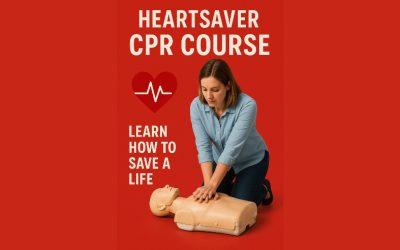Effective learning programs rely on a comprehensive methodology based on quality instruction, best practices, innovative technologies and learner-specific design. These programs deliver engaging premium experiences oriented toward increased engagement and retention, improved accessibility and a higher level of enjoyment.
Transformation in Learning
Comprehensive learning strategies are aligned with company objectives and support learner professional development. eLearning gains traction, spurs collaboration and transforms learning approaches through such structural elements as real-world scenarios, simulations, animations and gamification.
Needs Analysis
A learning strategy starts with training needs analysis, identifying organizational performance gaps and deriving the best training approaches. Needs discovery is based on:
• Establishment of Context
• Business Outcome Determination
• Ideal Participant Identification
• A Focus on Evaluation
Curriculum Design
Highly-skilled employees are essential for a modern organization’s competitiveness. An elevated learning strategy defines and prioritizes these critical skills through customized and science-based delivery methods constructed from the ground up. Benefits include:
• Translation of business drivers to worker skills
• Identification of skills gaps
• Integration of learning enhancements like virtual and augmented reality
Content Curation
Learning content has a greater impact when learners can quickly access and assess the material. Content curation personalizes learning paths by aggregating, filtering, organizing and contextualizing the material according to areas of interest.
Content Conversion
Training programs can utilize the latest technology to integrate current learning trends and transform flat learning material into interactive digital content on any platform, including AICC, TinCan or SCORM compliant environments, helping learners absorb, apply and better retain the information.
Measurement and Analytics
An advanced learning strategy ensures that learning approaches drive business-oriented results through the collection and analysis of data. Formative assessment includes such techniques as needs analysis, participant surveys, presentations, self-assessments and other tasks that provide a clear and real-time image of learner strengths and points of improvement.
Regardless of the course content or the industry, expert learning strategies provide a unique approach through solutions for all learning and development needs and the delivery of a more engaging and impactful learning program.
Please click here for more information about learning strategy.


